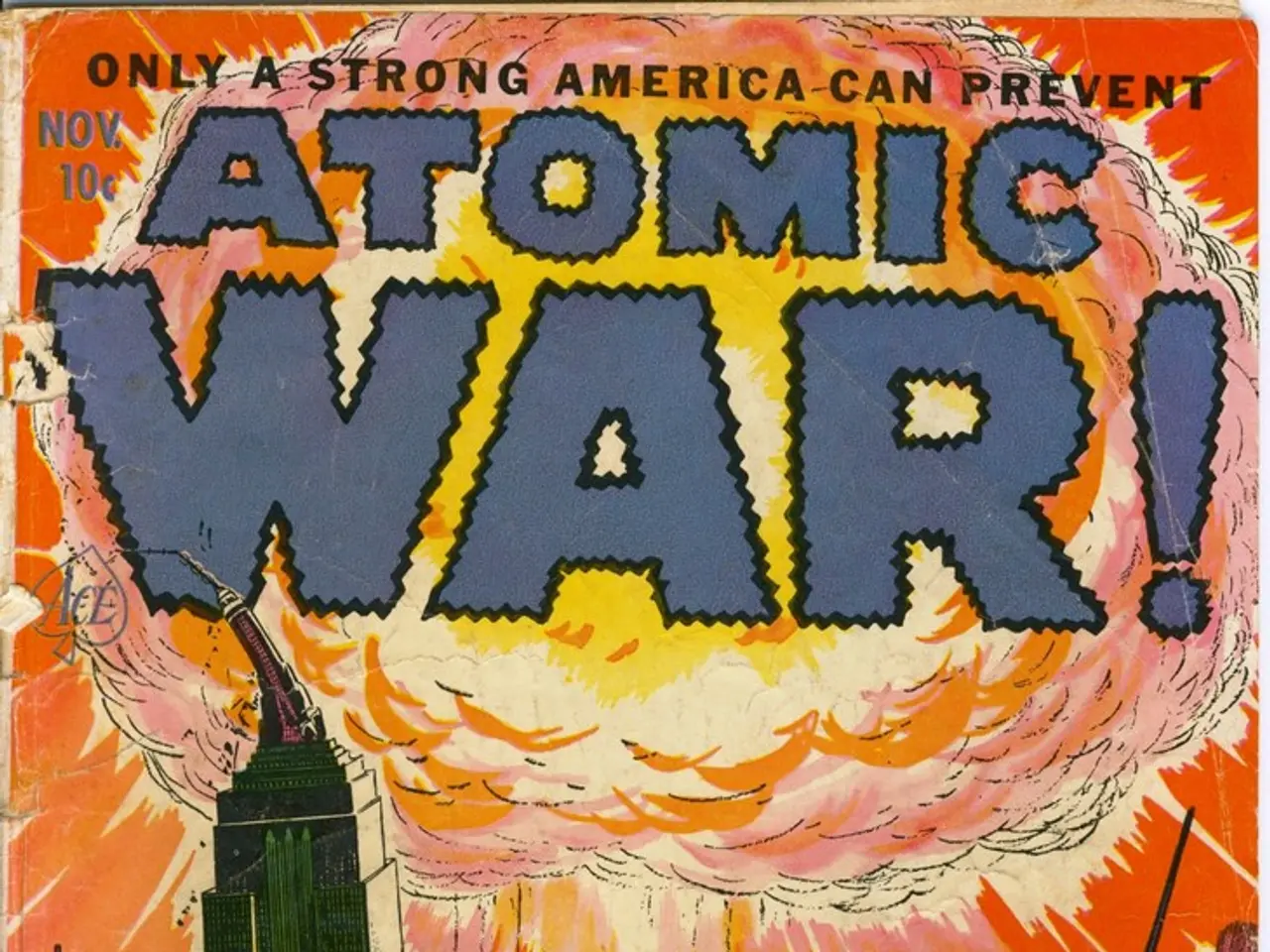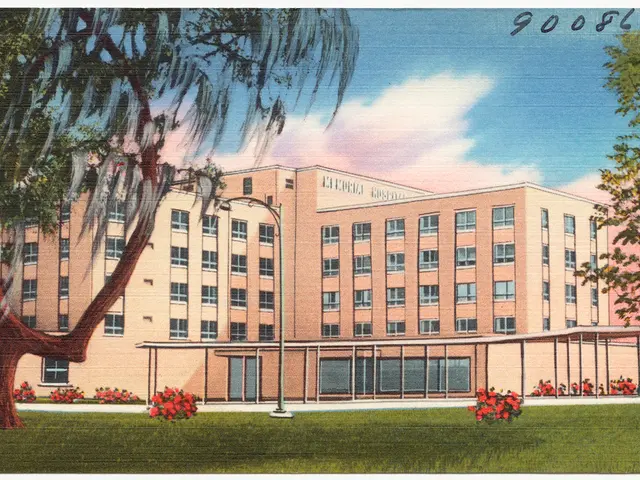Doomsday Predictions: A Historical Journey from Y2K to Halley's Comet
Throughout history, humanity has grappled with existential anxiety, even as civilizations advance. From the Y2K bug to Halley's Comet, doomsday predictions have shaped our collective psyche. Dr. Tim Mueller, founder of Chester & Fourth, is exploring these phenomena in his upcoming book and interview series.
The fear of the unknown has long driven human behaviour. In 1499, astronomer Johannes Stöffler predicted a global flood in 1542, sparking panic and a surge in boat-building. Similarly, the return of Halley's Comet in 1910 sparked doomsday fears, with people purchasing gas masks and 'comet-protecting umbrellas'.
As the year 2000 approached, a global concern arose that computer systems and electrical grids would fail, causing widespread chaos. However, international preparedness efforts ensured minimal disruptions. This illustrates how our understanding of the future shapes our present actions.
Dr. Mueller, currently working on a book and interview series about West Coast philanthropy, has witnessed firsthand how end-of-world scenarios have come and gone over centuries. He notes that while many predictions have been dismissed as overblown or absurd, they have always been real and worthy of attention.
From the Y2K bug to Halley's Comet, doomsday predictions have been a persistent thread throughout human history. They not only shape our actions but also illuminate how past and present generations have understood themselves and the world around them. In 2025, a deep understanding of history can help us envision multiple futures and cultivate empathy for past generations' experiences with uncertainty.








